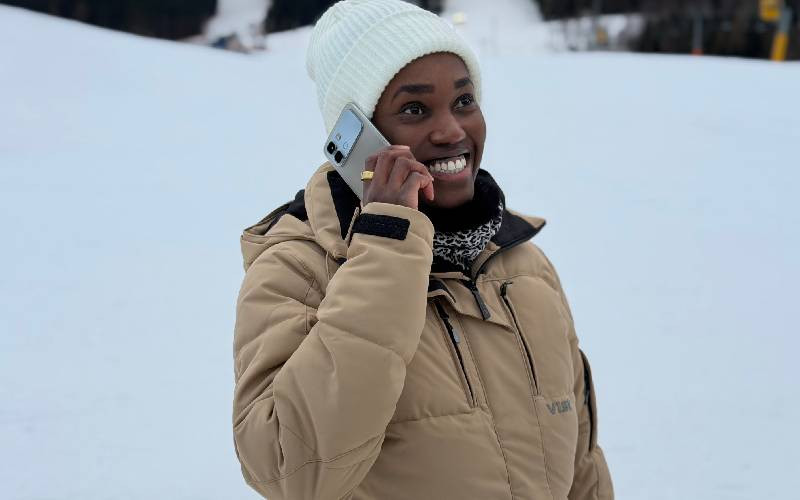×
The Standard e-Paper
Fearless, Trusted News
By Oscar Obonyo
Some time ago, two teenage girls met at an examination centre in Kiambu and quickly became the best of friends. The relationship would later see them register several firsts in the field of academia, politics and for one of them, the coveted global Nobel Peace Prize.







